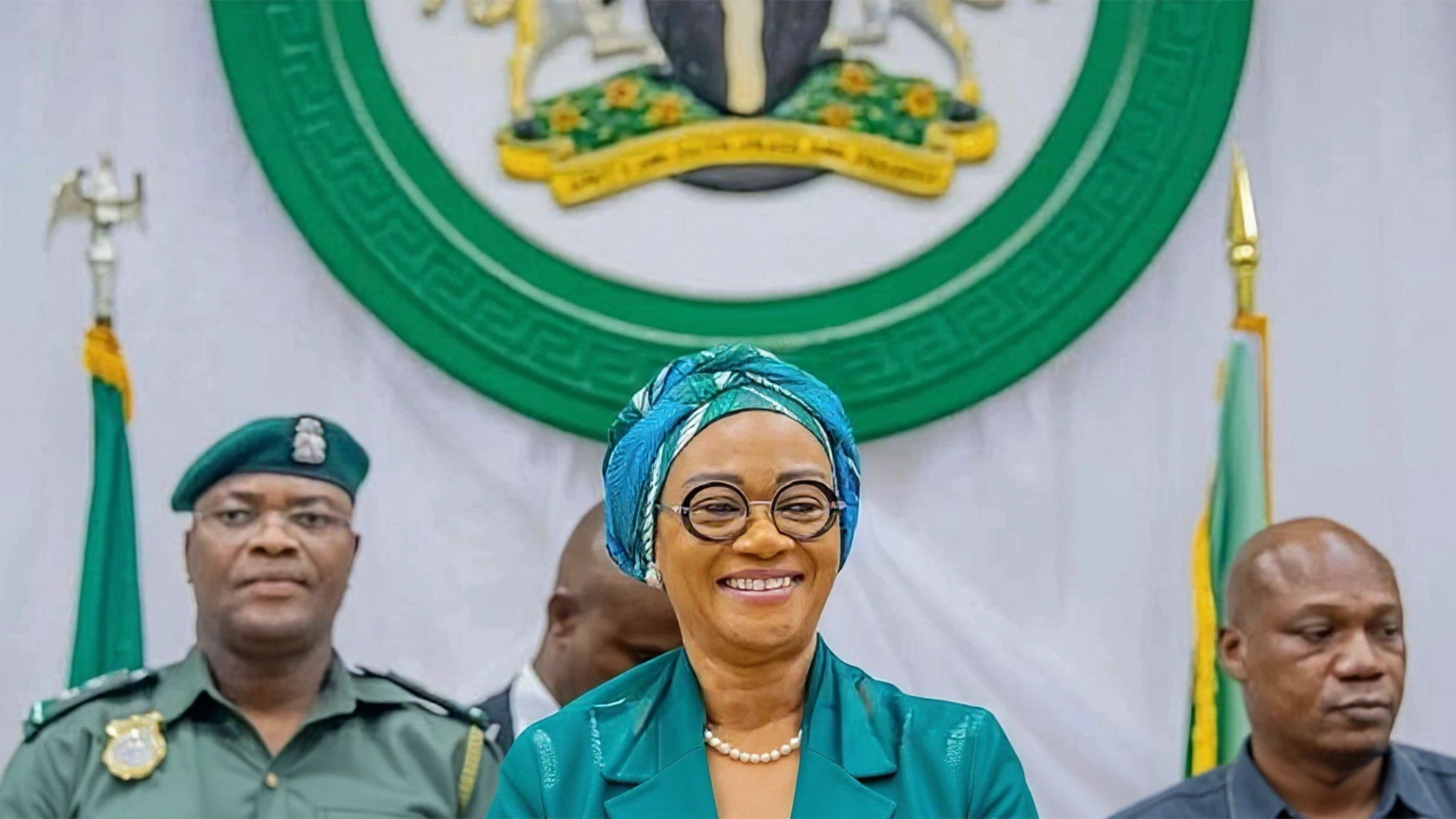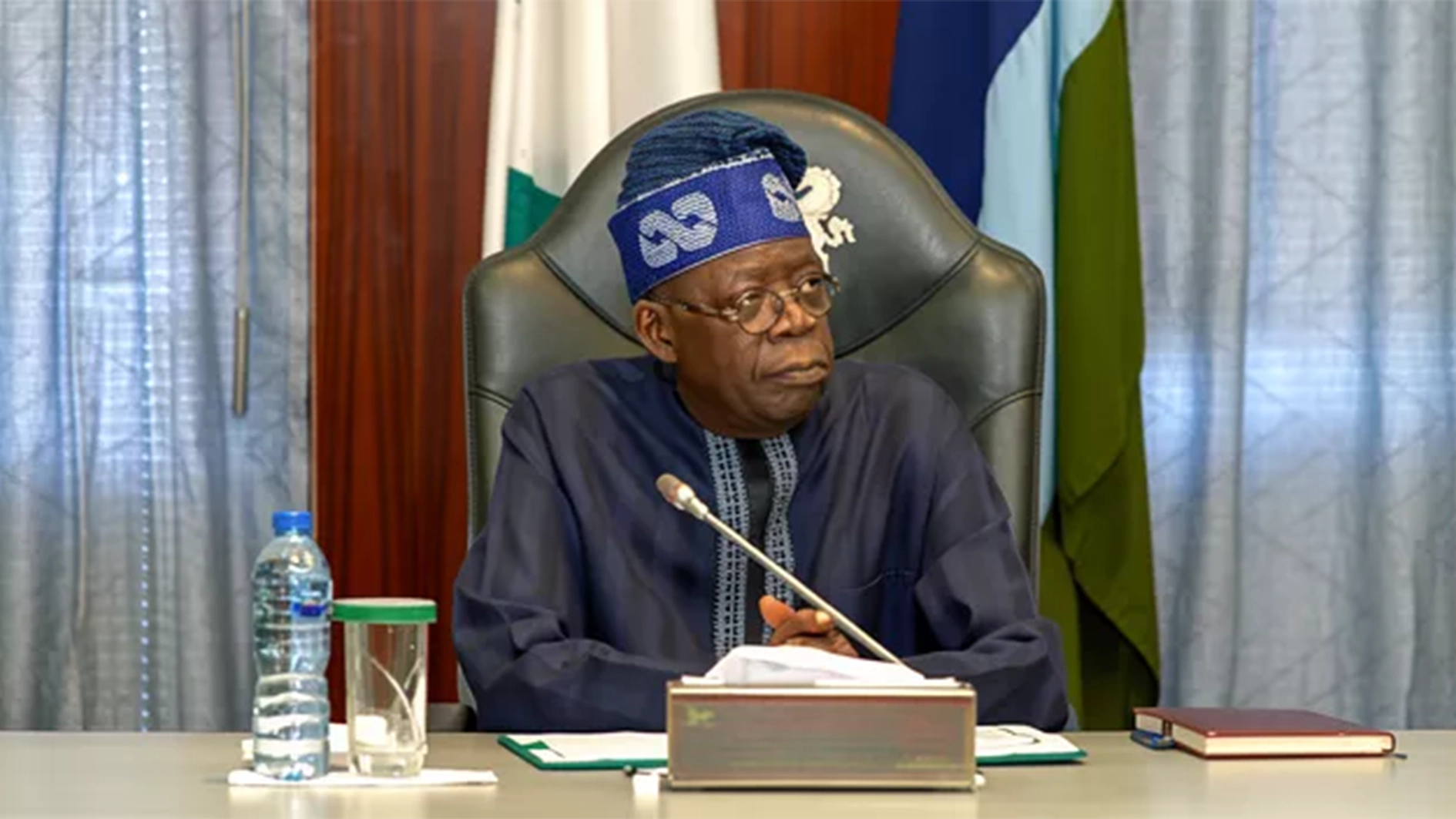The Minister of Marine and Blue Economy, Adegboyega Oyetola, has disclosed that the Federal Government has commenced the procurement process for the modernisation of seaports outside Lagos as part of efforts to ensure balanced development across the nation’s maritime gateways.
Oyetola stated this on Wednesday at the 2025 Chartered Institute of Logistics and Transport (CILT) Nigeria Conference, themed “Enhancing Logistics and Transport for a Sustainable Blue Economy in Nigeria,” held in Lagos.
Represented by the Managing Director of the Nigerian Ports Authority (NPA), Dr. Abubakar Dantsoho, the Minister said the ongoing port modernisation drive is aimed at upgrading infrastructure, improving cargo handling efficiency, and expanding capacity to meet global standards.
He said the Federal Government is working closely with stakeholders to achieve a paperless, technology-driven port environment that enhances efficiency, reduces turnaround time, and curbs corruption.
“As part of this commitment, the Federal Government has approved a $1 billion modernisation project for the Lagos ports, a landmark initiative designed to upgrade infrastructure, improve cargo handling, and expand capacity to meet global standards.
In addition, the procurement process has commenced for similar modernisation projects at ports outside Lagos, to ensure balanced development across our maritime gateways,” Oyetola said.
The Minister explained that these initiatives reflect the administration’s determination to boost logistics performance and competitiveness within the marine and transport sectors, positioning Nigeria as a preferred hub for maritime trade and investment.
He further noted that through strategic interventions such as the Deep Blue Project, Nigeria has sustained a record of zero piracy incidents in the past three years.
According to him, the Ministry is creating an enabling environment for private sector investment through regulatory reforms, public-private partnerships (PPP), and targeted incentives aimed at driving innovation and job creation across the value chain.
Oyetola stressed that the Ministry’s overarching goal is to promote sustainable and inclusive growth — one that balances economic opportunity with environmental stewardship and social equity.
He urged CILT and its members to continue to champion the adoption of smart and green transport technologies, promote capacity building for young professionals and operators, advocate for data-driven planning in logistics management, and deepen collaboration with the Ministry and other stakeholders to align expertise with national priorities.
Meanwhile, the President of CILT Nigeria, Mfon Usoro, announced a 242 per cent increase in the Institute’s revenue over the past four years, reflecting the success of ongoing financial reforms and governance initiatives.
According to her, CILT’s revenue rose from N7.8 million in December 2021 to N55 million in the third quarter of 2025, while its liquid assets grew from N17 million in early 2022 to N123 million as of Q3 2025.
She attributed the growth to sound financial discipline, accountability, and strategic oversight, adding that all projects and expenditures now pass through the Finance, Budget, and Audit Committee for review.
Usoro revealed that the Council has approved the adoption of a modern Accounting Enterprise Resource Planning (ERP) system to enhance transparency and streamline audits.
She said CILT’s transformation agenda, launched in 2021, has focused on governance reforms, membership expansion, and digitalisation, all of which have delivered tangible progress.
“Accountability and transparency remain our watchwords. The improvement in our financial standing reflects the confidence and trust of our members,” Usoro said.






